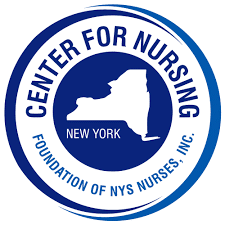Background/Aim: We currently live in a world where health care facilities are providing care for increasingly complex patients. The expectation is that front line caregivers, namely nurses, should be able to care for these patients in a safe and effective way. Motivated by a critical need to improve the safety of patient care in our health care system, health information technologies are regarded as a means to improve patient safety, nursing judgment and standards of care. However, little if any evidence to date has linked the use of technology with translating new research into care to improve clinical judgment amongst nurses.
Methods: This multi-method pilot study identified how nurses translate new research into practice in general and through the use of point-of-care technology (facilitators and barriers); and how clinical judgment is affected through the use of point-of-care technology within a 442-bed upstate New York hospital. Nurses across seven medical surgical units participated.
Results: The results of this study illuminated several ways that facilitate the nurses’ translation of research into practice such as adequate education, evidence of past success and availability of resources. The nurses in this study identified benefits of utilizing point-of-care technology to translate new evidence into practice. Examples were given of the ease of use of this technology to learn about new medications, procedures and treatments for their patients, as well as trending results. Nurses indicated that through the use of point-of-care technology, patient safety and quality of care are improved. Also, the majority of nurses identified ways that point-of-care technology improves clinical judgment.
Author(s):
Primary contact person:
Complete citation if published:
